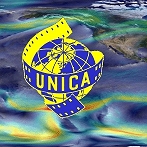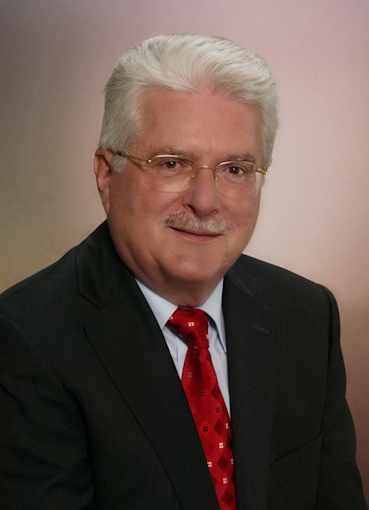
 Designing the
Future
Designing the
Future
- the Concept and Strategy
President Georges Fondeur
49, rue Laach
L-6945 Niederanven
Tel. +352 347080
Fax: +352 26340277
fondeurg@pt.lu
Introduction
The proposals submitted by Art Hovenessian seem to be based on a prerequisite: if UNICA aims to go on playing a major role tomorrow and beyond on the international non-professional filmmaking scene, the institution should be prepared to call into question its own structures and organization.
The essential question is as follows: what kind of UNICA do we need for tomorrow, how should UNICA be structured in the near future ?
The reasoning is obviously calling for the elaboration of a new concept, supposing we share the opinion that the present-day concept has little or no chance to promote its own development by itself. The progressive ageing of existing structures - associations, clubs and their members - combined with growing financial difficulties in many countries and severe cuts on subsidies for cultural activities, in particular for the non-professional scene, should indeed be a major cause of concern for us.
These concerns are all the more justified when we see how difficult it is in general for the affiliated countries to make recruits among the young people even though we never had so much filming as is currently the case, especially by young people, be it with a video camera, a photo camera, a mobile phone or a tablet.
To put it briefly, there is little doubt that changes will have to be introduced into our structures - be it in clubs, associations, and even UNICA - in the foreseeable future, and a new approach should be promoted and applied if we do not want to miss the boat to the future.
RE. 1 : What kind of UNICA for tomorrow and beyond?
For any concept to be successful, it requires a strategy for
dynamic development. After examining the 'what sort of' dimension,
we have to tackle the 'how' question.
Giving priority to a forceful campaign using the tools of marketing
to gain new members may be a way towards success. However, can UNICA
absorb many new members in its ranks before changes have been fully
implemented among "longtime members"? Should this appear to be the
way, then we should probably have to investigate to what extent a
strategy directed to new countries can be reconciled with the
present-day concept ?
There is no point at that stage in going on reflecting on this. However, anyone among us who is vested with a share of responsibility should give some thought and contribute to the elaboration of this new concept along modern lines. The drafting of a White Paper with a catalogue of proposals and possible actions makes sense only if all the people involved have a clear idea of which umbrella organization will in the future be in the position to represent the interests of filmmakers and their national organizations world wide.
These basic considerations should primarily serve to provide a clear picture of the as-is situation (current state) and suggest in which direction it could possibly develop (target state) while opening up some avenues to be explored to reconfigure the institution on the basis of some of the basic ideas in the White Paper. Should we have a large majority - hopefully close to consensus - about the need to implement such a reform project, be it to full or only limited extent, a provisional document could then be submitted in Piestany as early as 2014.
This preliminary stage - consulting and collecting opinions - will be decisive for the shaping of the strategies for the future, including aggressive marketing campaigns, gaining sponsorships, reaching out east and west, restructuring our annual competition.
The Paper submitted by Art Hovenessian contains indeed some interesting clues and suggestions for the future and it will take a deep-going analysis to identify which ones can be translated into practice and show the way to the right conclusions to be drawn and the right decisions to be made.
Anyway we cannot accept that UNICA as it now stands could be tempted to adopt and implement isolated parts of the reform proposals in the White Paper without thinking deeply about possible consequences on the present-day concept and considering the damage that could possibly affect the ideas and objectives that were defined for UNICA by our forefathers 75 years ago and have carried it on the way to success.
A concept is a whole and, as such, should not be cut into fragments and modified accordingly.